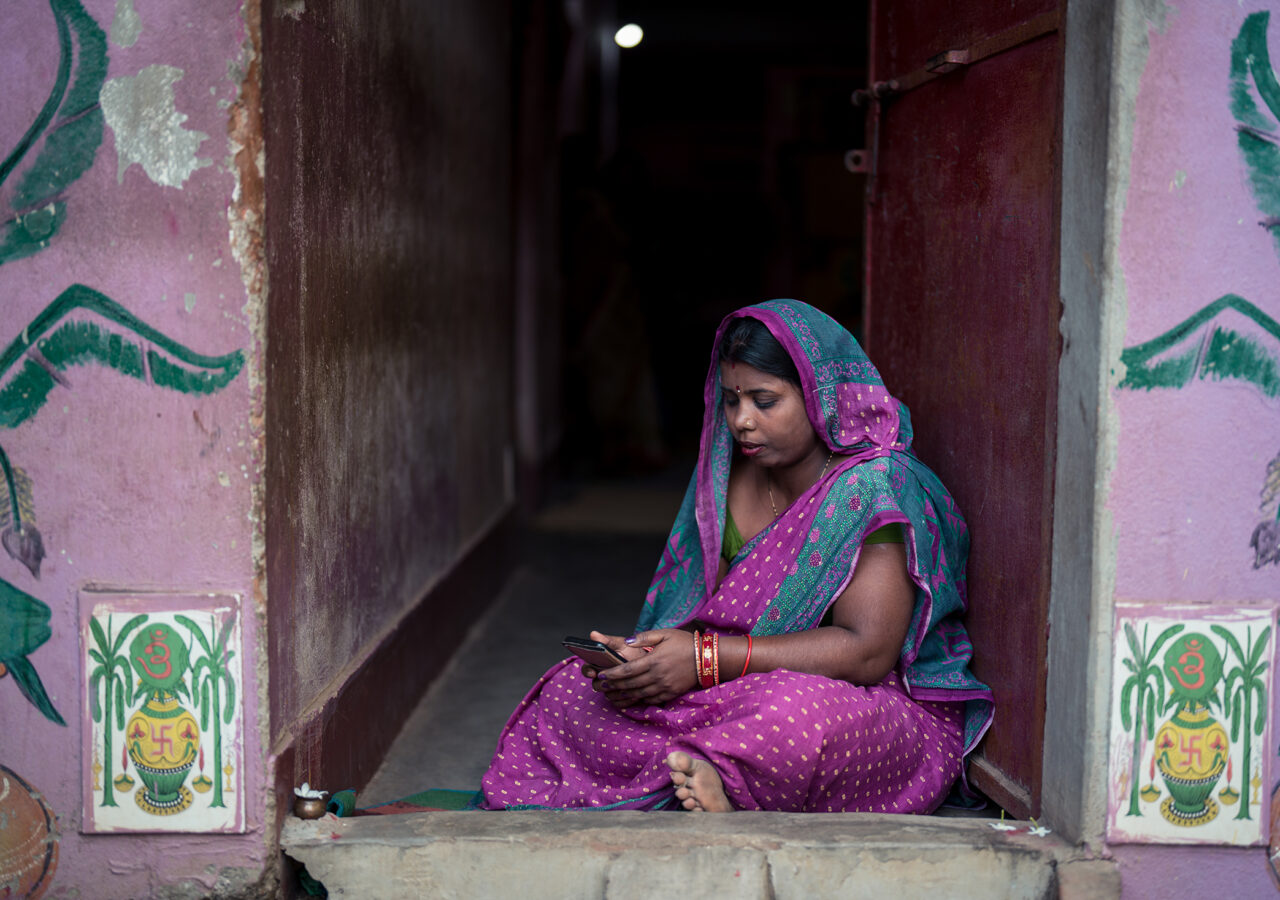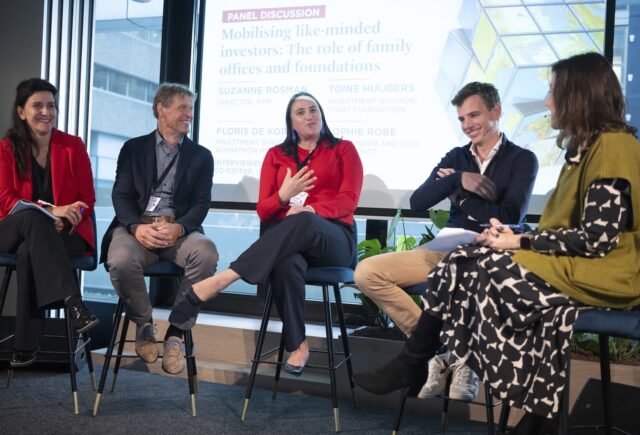The fund, supported by several European development finance institutions, will make up to 12 investments, including funding for the Indian microfinance sector.

Accion, a US-based non-profit organisation, said it was launching a $152.5m (€141m) fund to make equity and quasi-equity investments to support the digital transition of companies serving micro, small, and medium enterprises (MSMEs) across South and Southeast Asia, Latin America, and Africa.
The Accion Digital Transformation Fund will invest to enable financial institutions to better meet the needs of small businesses excluded from the financial system, through the provision of growth capital and strategic support for digital transformation.
Accion said companies will receive hands-on support, with access to its expertise in digital transformation to expand service options for their customers.
The fund will be managed by Accion Impact Management, the non-profit’s platform for impact investments in financial inclusion. Among the limited partners in the fund are British International Investment (BII), Dutch development bank FMO, IDB Invest, the International Finance Corporation, Mastercard, Austrian development bank OeEB and Swedish development finance institution Swedfund.
The fund aims to leverage third party capital to bring cheaper, customer-friendly financial solutions to some of the nearly 2 billion people estimated to be excluded from the financial system globally.
Abhishek Agrawal, managing partner of the Accion Digital Transformation Fund, said it would build on the firm’s experience in supporting banks and finance companies around the world to connect millions of small businesses and individuals to the digital economy.
“Many financial institutions in emerging economies serving micro, small, and medium entrepreneurs rely on branch or people-heavy models. The Accion Digital Transformation Fund is trying to change this by helping these institutions to lower their costs, improve customer experience, and expand outreach through digital channels,” he told Impact Investor.
Washington DC-based Accion says it has helped to develop more than 230 financial service providers serving low-income clients in 75 countries, and reached over 350m people globally since it was created in 1961.
The organisation has been operating its Accion Venture Lab, a seed-stage impact investment initiative to develop inclusive fintech, for over a decade. The lab has invested in and supported more than 60 start-ups seeing to expand the reach, quality and affordability of financial services at scale.
Indian investments
The Accion Digital Transformation Fund is expected to make 8-12 investments, with funding for Indian institutions Annapurna Finance and IKF Finance the first to be announced. Further investments in Latin America, Sub-Saharan Africa, and South and Southeast Asia are expected to be announced soon.
Annapurna and IKF are able to reach millions of low-income small businesses, women, farmers, and other workers. Accion has been working with both institutions for some time in support of their efforts to incorporate digital technology and processes into their operations, and into those of their customers
India’s non-banking financial institutions (FIs) have proved to be an attractive destination for impact investors seeking to make lending more widely available among the poorest on the planet.
In April, Sindhuja Microcredit, a digital and rural-focused microfinance institution providing financial services to self-employed women entrepreneurs in India, said it had raised $14.5m in a Series C funding round from social impact investors Oikocredit of the Netherlands and GAWA Capital of Spain.
In August 2023, the Global Climate Partnership Fund, managed by responsAbility, signed loan agreements totalling $80m with four Indian FIs, including Annapurna, to encourage climate-positive investments in the country’s fast-expanding MSME enterprise sector. Meanwhile, in June 2023, FMO and Finnfund committed to a $35m debt funding of SATYA MicroCapital, a Delhi-based microfinance institution supporting women from low-income households in rural India.





